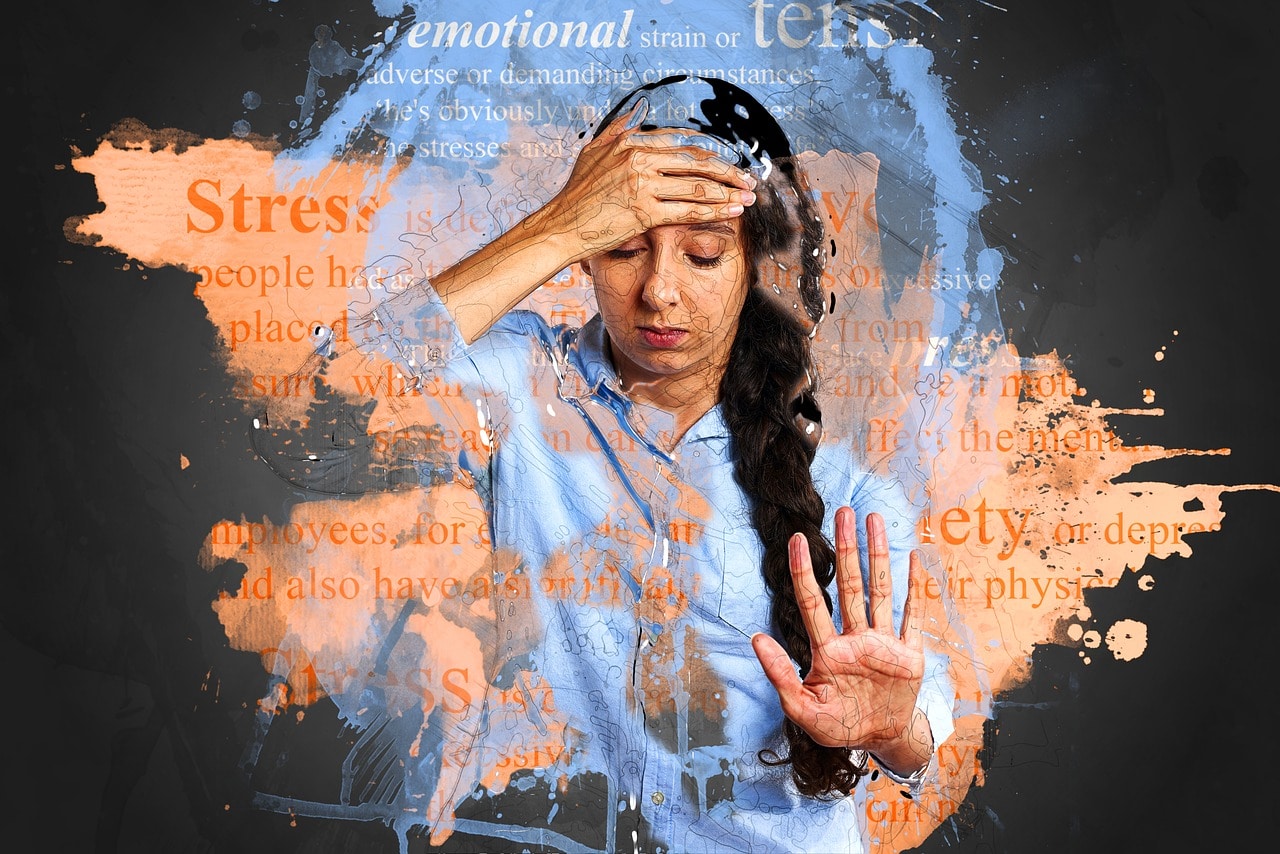Iodine is an essential mineral that your thyroid gland needs to produce thyroid hormones. Iodine must come from dietary sources because the body is unable to produce iodine on itself. Getting the right amount of iodine is essential for your thyroid health. Consuming too much iodine or not consuming enough can lead to thyroid issues as well as other health problems.
When iodine is consumed, your body quickly absorbs it. Cells in the thyroid gland capture the iodine that circulates through the bloodstream. Once inside the thyroid gland, iodine is used to create thyroid hormones. These hormones travel through the body to ensure your brain, heart, and other organs function properly. Most of the iodine in your body is found in the thyroid gland; however, it can also be found in the salivary glands, the lining of the digestive tract, the eyes, the mammary glands, and the cervix.
How Much Iodine Does Your Body Need?

The National Institutes of Health reports that adults should consume 150 micrograms of iodine daily. Certain foods contain iodine naturally and in other cases iodine is added to food products. The following foods can help you get the iodine your body needs:
- Fish and Seafood – Cod, shrimp, tuna, seaweed, and crabs are rich in iodine
- Dairy Products – Milk, cheese, or yogurt
- Iodized salt
Most processed foods do not contain iodized salt. Furthermore, kosher salt, Himalayan salt, sea salt, and other specialty salts typically are not iodized.
Are You Getting Enough Iodine?
Most Americans use iodized salt and get the recommended amount in their foods; however, certain individuals may not be getting the recommended amount of iodine. Here are some reasons why you may not be getting the amount of iodine your body needs.
- Individuals who are not consuming iodized salt can experience an iodine deficiency and thyroid problems
- When a woman is pregnant, her iodine needs increase by approximately 50 percent
- Vegans and those who eat very little dairy, eggs, or seafood may be at risk of an iodine deficiency
- Eating locally grown foods that are produced in iodine deficient soil
Hypothyroidism and Iodine Deficiency
The thyroid gland needs iodine to function properly. When you do not get enough iodine, you can develop a goiter (an enlargement of the thyroid gland) or hypothyroidism. Hypothyroidism is a medical condition where the thyroid gland does not produce enough thyroid hormones. In the early stages, you may not notice any symptoms; however, if hypothyroidism remains untreated, a host of health issues like obesity, infertility, heart disease, and joint pain can occur.
Symptoms of Hypothyroidism
The symptoms of hypothyroidism vary based on the severity of the deficiency. Typically, problems develop over a period of years. At first, you may experience weight gain and fatigue. However, with time, more symptoms will begin to appear. The most common signs of hypothyroidism include:
- Changes in your heart rate
- Constipation
- Depression
- Dry skin
- Fatigue
- Goiter (enlarge thyroid gland)
- Hair loss
- High cholesterol levels
- Hoarseness
- Increased sensitivity to cold
- Irregular or heavy menstrual periods
- Learning problems
- Memory problems
- Muscle aches, stiffness, or tenderness
- Muscle weakness
- Painful, swollen, stiff joints
- Puffy face
- Thinning hair
- Weight gain
Untreated Hypothyroidism Complications
If your hypothyroidism remains untreated, a number of health issues can occur including:
- Birth Defects – Women who have untreated thyroid disease are at an increased risk of having a baby born with birth defects. Intellectual and developmental issues are also common in babies born to women with untreated hypothyroidism.
- Cardiovascular Issues – Hypothyroidism can increase the risk of developing heart disease, heart failure, or high cholesterol levels.
- Goiter – When your thyroid gland is constantly stimulated to increase the production of thyroid hormones, the thyroid gland can grow larger. Typically, a goiter causes no problems; however, if it gets extremely large, it can interfere with breathing or swallowing.
- Infertility – When you have hypothyroidism, your ovulation cycle can be interrupted, resulting in infertility issues.
- Mental Health Issues – Psychological dysfunction can occur. The most common issues include forgetfulness, mental slowness, emotional liability, and inattention. Furthermore, the risk of depression increases. As the disease progresses, individuals may experience changes in hearing, tastes, and vision. They may also experience delusions and hallucinations.
- Myxedema – Myxedema is a rare, life-threatening condition. The symptoms of this condition include drowsiness, lethargy, intense cold intolerance, and unconsciousness.
- Peripheral Neuropathy – Peripheral neuropathy occurs when the peripheral nerves become damaged. These nerves carry information from the spinal cord and brain to the rest of the body. This condition causes numbness, tingling, and pain.
As you can see, the connection between iodine and hypothyroidism exists. Your body cannot make iodine itself; therefore, you must eat iodine rich foods or take an iodine supplement or a multivitamin that contains iodine. The thyroid gland must have an ample amount of iodine to produce thyroid hormones.
If you believe you have an iodine deficiency or a thyroid issue, contact our health professionals at Rose Wellness who specialize in hypothyroidism treatment. We will work to determine the root cause of your low thyroid and help increase the production of thyroid hormones.























